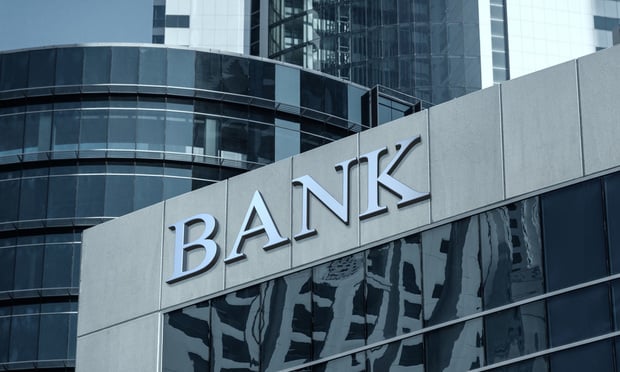McLEAN, VA—With little fanfare or formality, over the last two months Freddie Mac has rolled out two programs that provide financing for workforce housing renovation or rehabs.
One program, ingloriously called Moderate Rehab Loan Program supports major renovations of a property. It is a hybrid offering befitting this specific scenario. That is, it is not quite a pure construction loan, but it also couldn't be characterized as permanent lending either.
The other product is called Bridge to Resyndication. As the name suggests, it is a bridge loan for Low Income Housing Tax Credit developers that need capital to reposition existing LIHTC properties for recapitalization under the program.
Both products are fairly complicated and highlight Freddie's growing ability to tap the capital markets to support such offerings.
The Moderate Rehab Loan program joins an existing Freddie Mac rehab loan program, but aimed at financing light renovations, EVP David Brickman told GlobeSt.com.
Rehab loans, especially when the construction is at the infrastructure level or for a complete gut renovation, can be difficult to secure in the private market, mainly because these projects require more active monitoring from the lender, Brickman said.
Brickman expects Freddie Mac will buy back roughly about $1 billion of these loans next year.
The Bridge to Resyndication program targets an even narrower use case; indeed it was crafted with St. Paul, Minn.-based Oak Grove Capital to recap a specific property.
However, many of the first wave of affordable housing properties financed with LIHTC are nearing the end of the initial 15-year compliance period and it is expected that more borrowers will be coming forward to access the program.
Timothy Leonhard, managing director of Affordable Housing at Oak Grove Capital, a Fannie Mae, Freddie Mac, and FHA mortgage lender that was recently acquired by JLL, described the transaction in an internal newsletter.
Bridge to Resynication was first used in September for The Parks at Fig Garden, a 366-unit affordable housing property in Fresno, CA. A $14.45 million bridge loan was used to acquire the property. At the same time, Oak Grove Capital executed an 18-month forward interest rate lock on a Freddie Mac Tax-Exempt Loan, or TEL, Leonhard wrote.
The floating-rate loan was sized to 85% of the property purchase price, had an 18-month interest only term and an interest rate at closing of 2.49%. The TEL interest rate lock was not to exceed $18.54 million, with an all-in rate of 4.42%.
When the TEL closes, the loan will have a 16-year term with an initial 24-months of interest only, and a 35-year amortization period.
"By combining the high leverage bridge loan with an extended forward interest rate lock for a TEL, affordable owner/operators are able to compete with conventional buyers by purchasing properties quickly, while at the same time same time locking the interest rate on the ultimate resyndication loan thus eliminating interest rate risk," Leonhard wrote.
Want to continue reading?
Become a Free ALM Digital Reader.
Once you are an ALM Digital Member, you’ll receive:
- Breaking commercial real estate news and analysis, on-site and via our newsletters and custom alerts
- Educational webcasts, white papers, and ebooks from industry thought leaders
- Critical coverage of the property casualty insurance and financial advisory markets on our other ALM sites, PropertyCasualty360 and ThinkAdvisor
Already have an account? Sign In Now
*May exclude premium content© 2024 ALM Global, LLC, All Rights Reserved. Request academic re-use from www.copyright.com. All other uses, submit a request to [email protected]. For more information visit Asset & Logo Licensing.








